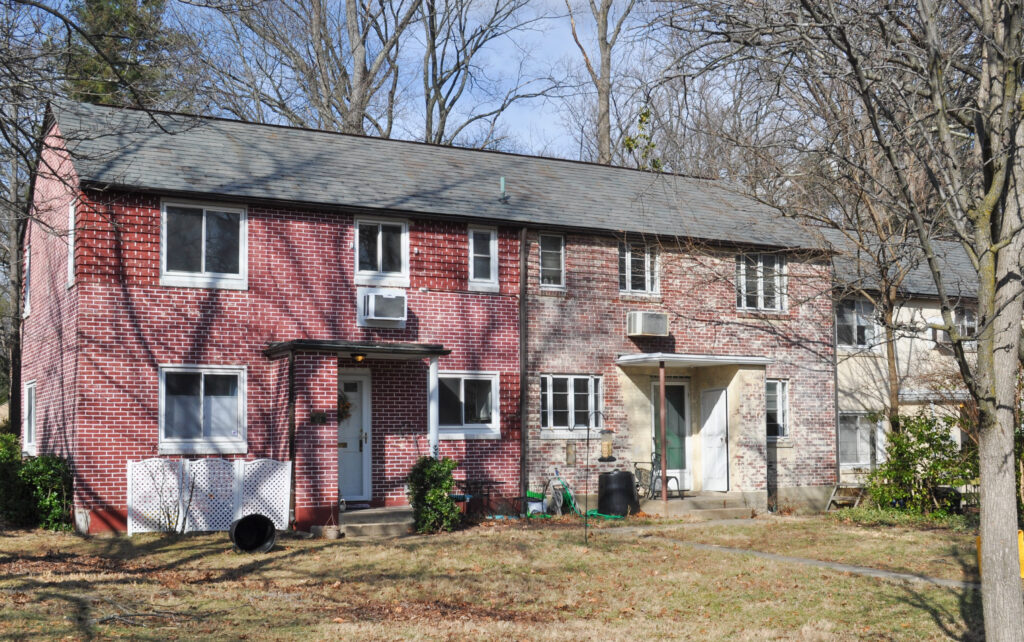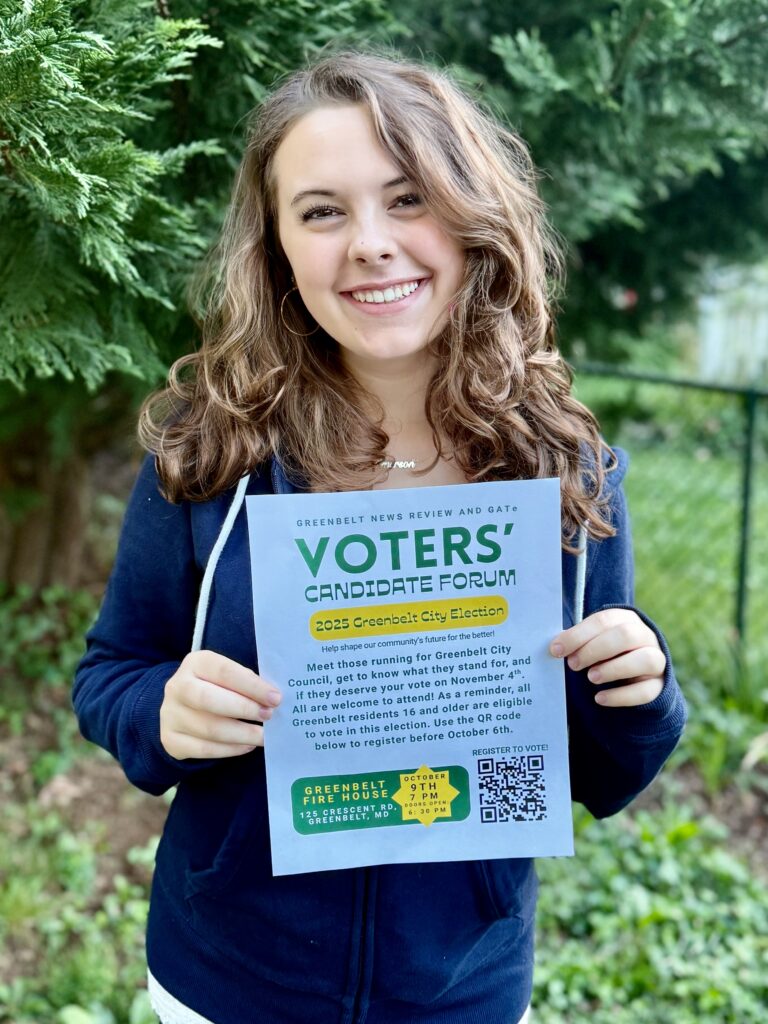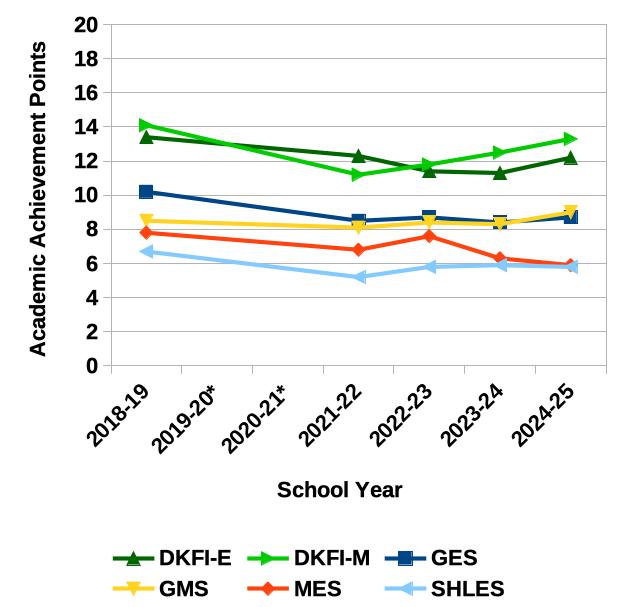In its regular meeting on Monday, October 5, the Greenbelt City Council voted to oppose the Royal Farms application to the county to build a gas station, a convenience store and an additional commercial building at the intersection of Greenbelt Road and Capitol Drive, near Capitol Cadillac. A four-to-three majority of council voted to oppose the application, despite concerns by the minority that the city would thereby lose any leverage with the developer over concessions negotiated by the city’s planning department.
The Royal Farms Detailed Site Plan (DSP) faces a county hearing on October 15. The discussion concerned the position the city would take with respect to that plan though, as Councilmember Judith Davis noted and Councilmember Emmett Jordan agreed, the city has no authority over zoning and can only recommend or oppose. Though neither favored the project, Davis’ and Jordan’s argument was one of expediency – that without power over the outcome, the city was better served by taking what concessions it could negotiate than to finish up with the development as first proposed, without any of the negotiated sweeteners.
Developer Concessions
City Director of Planning and Development Terri Hruby and Community Planner Molly Porter were present to discuss the
details of the proposed revised DSP and the results of their discussions with the developers on the concerns raised previously. Porter detailed the accommodations made by the developers to address those concerns and showed the revised site plan.
The developers had removed the second commercial building from the current plan, showing the area instead as under grass – but were clear they would launch a second request once a tenant was found. The developer had also proposed some additional signage and turn control strategies to address potential dangers from left-turning traffic on Greenbelt Road and had improved the stormwater management and other facilities. The agreement included accommodating the Toaping Castle historical site and contributing $3,500 toward the nearby bike path. The complete list of concessions and the updated site plan are available at legistarweb-production.s3.amazonaws.com/uploads/attachment/pdf/702030/FINAL_Staff_Report_Royal_Farms.pdf.
Consequences
Davis made it clear that if council failed to approve the revised DSP, the concessions the city had negotiated would not be binding on the developers, who would be entitled to submit their original DSP – including the second building and the original traffic pattern. The DSP would then be subject only to county planning board and State Highway Administration approval without Greenbelt’s negotiated items included. Jordan also came down on the side of taking what the city could get in the face of likely county approvals and preserving a working relationship with the developer.
Because the project is a permitted use of the property and does not require any variances, Davis felt that its approval by the county was almost certain. Councilmember Leta Mach was concerned that even the revised plan didn’t go far enough to address the traffic safety issues but also preferred to avoid losing the accommodations that had been made. Questions to the developer from Davis and Lois Rosado (in the audience) elicited the response from Thomas Haller, representing the developer, who assured both that Royal Farms and the developer utilized local employees and local and minority contractors.
Done with Placating
Councilmembers Edward Putens and Rodney Roberts, however, were implacable in repudiating the negotiated DSP and noted, in their turn, that county approval was not automatic, as some Royal Farms applications had been rejected in the past, but that the city’s approval would make county approval more likely. They pointed out, among other things, that turns into and out of Capitol Drive remained unsafe even after the concessions, that Greenbelt didn’t need another gas station, that some local businesses would lose customers, that stormwater runoff was an environmental concern and that trees would be cut down.
Both were philosophically opposed to accepting a plan they felt was contrary to the city’s interests simply because it was the best deal they could get. Roberts said, “Let’s quit placating all these developers. I’m ashamed of it.” Councilmember Silke Pope was also adamant in her opposition, citing the additional traffic and noise inflicted on nearby residents and stating that the location and traffic patterns, despite the amelioration offered by the developer, would contribute to additional accidents from turning vehicles.
The Chicken Fake-Out
Mayor Colin Byrd, expressing his partiality to Royal Farms chicken and regretting how long a drive it was to get some, provoked some humor when Royal Farms’s Haller wished he knew how to waft the smell into the Zoom meeting. But whatever encouragement this exchange gave the developers was rapidly extinguished when Byrd (revealed by this time to anybody keeping count as likely having the deciding vote) swiftly and unequivocally made clear his opposition.
The mayor stated that if developers proposed projects that brought no benefit to the city and, indeed, potentially harmed existing businesses or the environment, he felt they needed to offset the harms by far more than some concessions and a $3,500 contribution to the bike path.
Byrd stated that the developers need to invest “Way, Way, WAY more” when their projects have negative impacts on the city. Though Haller pointed out that their concessions cost the developers far more than the small cash item of bike-path funding – citing $250K for the traffic improvements as an example – Byrd remained unimpressed.
Next Steps
After the vote, Hruby explained that the city would
present council’s opposition to the project at the county hearing but would not present the negotiated conditions, since council’s failure to approve meant these were not now required of the developer. A disappointed Davis reiterated to council that Royal Farms has now won the right to go forward without any concessions to the city.



